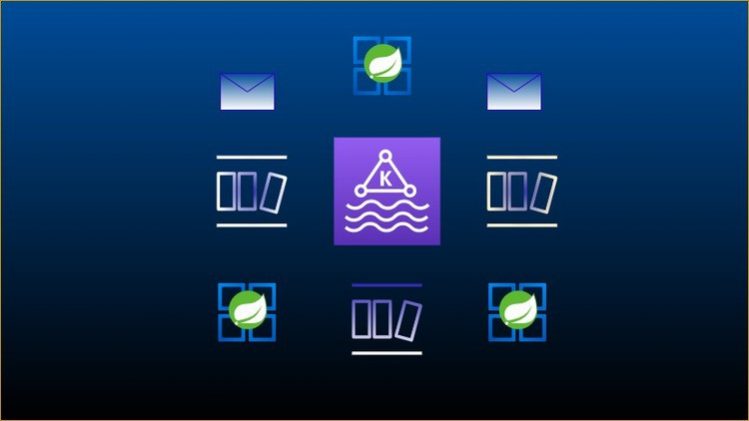
You will learn about Apache Kafka and its history
You will learn about the Architecture and different components of Apache Kafka
You will learn why Kafka is distributed and how its different from traditional message brokers
You will learn to install Kafka in your local computer
You will learn to create SpringBoot project from scratch
You will learn to implement SpringBoot and Apache Kafka for Producer Consumer scenario
This course will teach everything about Apache Kafka.
How Apache Kafka differs from traditional/regular message broker services like Apache Active MQ or RabbitMQ.
We will also learn about different scenarios in which you can use Apache Kafka and achieve your functionality.
We will implement Apache Kafka with SpringBoot and implement a scenario where we will work with both producer and consumer.
In Apache Kafka, we will go through different topics like:
1. What is Apache Kafka
2. Why do we need Apache Kafka
3. History of Apache Kafka
4. Advantages of Apache Kafka
5. How Apache Kafka differs from traditional messaging brokers like Activ MQ or RabbitMQ
6. We will also compare Kafka with RabbitMQ message broker
7. We will try to understand why Apache Kafka is called a distributed system
8. We will then look at the detailed architecture of Apache Kafka
9. We will look into different components of the Apache Kafka system and try to understand what they do.
10. We will see what is an Apache Kafka Cluster and its importance
11. We will learn about Brokers and their importance in Apache Kafka architecture
12. What is a message and how messages are published and subscribed in distributed mode.
13. What are Partitions and logs and their importance
14. What is the Kafka Storage strategy
15. What is Zookeeper and how its important in Apache Kafka architecture
16. We will then do the local development environment setup
17. After that we will then create a new SpringBoot project from Spring Initializer
18. Then we will go ahead and add the needed maven dependencies and start our development
19. We will implement the producer and consumer scenarios
20. Finally you will get the complete source code of the course.






